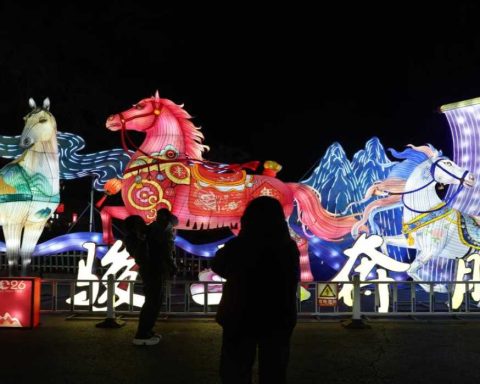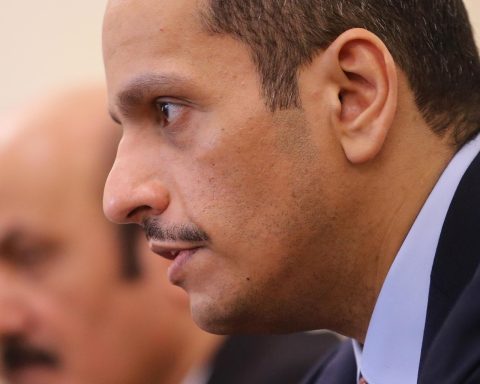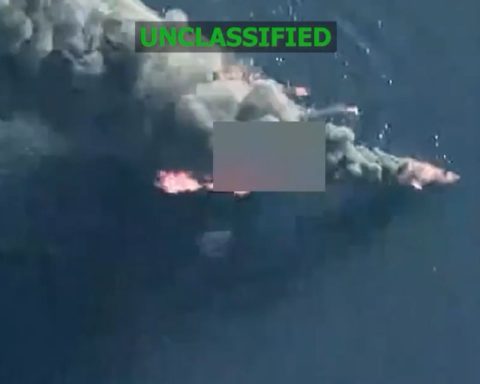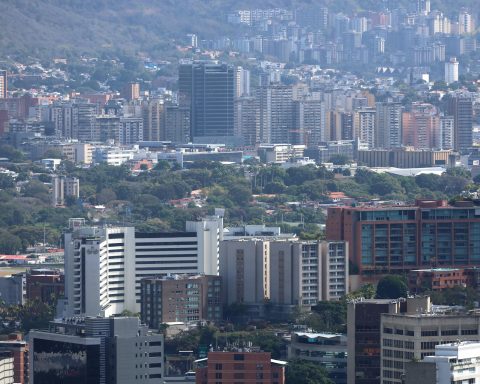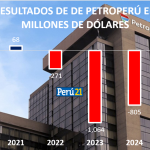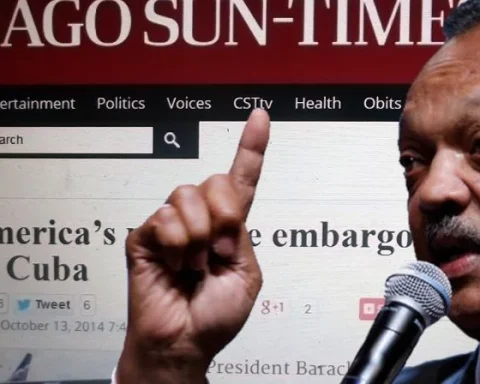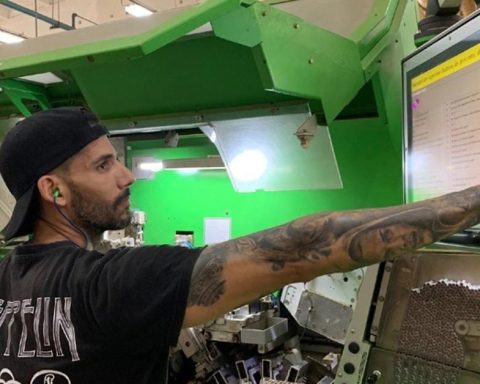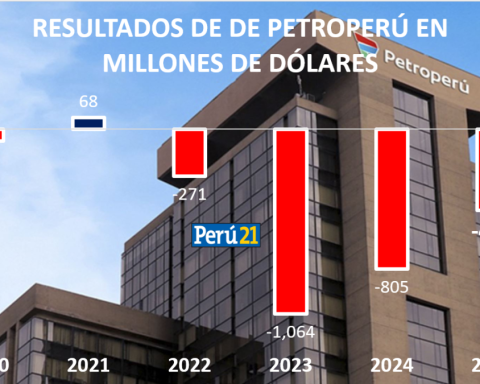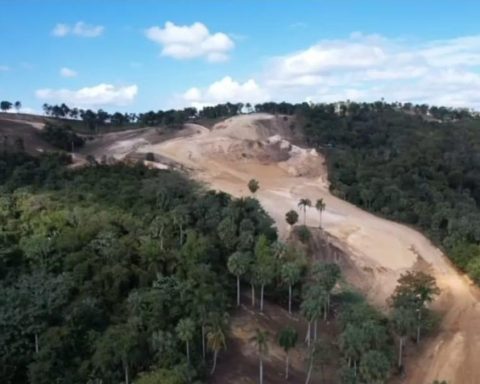According to the World Health Organization, the pandemic generated fear, worry and stress in human beings on the planet, as responses to the uncertainty of the unknown.
For Venezuela we must add the unilateral coercive measures imposed by the United States and a group of allies against the country.
When analyzing what happened after the sanctions, three different emotional moments can be established.
In the first moment is the application of sanctions to the country and its citizens.
The economic blockade generated a reduction in the quality of life that affected expectations for the future. The Venezuelan found himself in an emotional space of complete uncertainty and had to change his way of life and innovate in other means of production for livelihood.
“Those who innovated by looking for other means of production to maintain their livelihood carried out a positive process and developed inventiveness,” says clinical psychologist Matilde Aguilar.
Another group with unsatisfied needs plunged into an emotional process of change.
“There were those who went from a state of sadness and uncertainty, even hopelessness, to a state of anxiety, who reached high levels of panic by not knowing how to solve their problems or how to face them,” adds Aguilar.
The blockade is an attack not on the individual, although it impacts individually, but on a collective one that has transformed the entire emotional state of the country’s inhabitants.
Others, in search of progress and sustainability, appealed to migration as a strategy. This was influenced by the media handling that presented it as the only option for survival.
This second emotional moment seen in migration, according to the specialist, “could produce in those who faced the new scenarios, depression, anxiety, panic and also physical illnesses, which in some ranks are handled as somatizations, but in other cases they manifest directly related to the production of stress”.
The Venezuelan, due to his family culture, had to face the duel for leaving the nest, which generated nostalgia.
“Those who stayed experienced the feeling of mourning but from a deep loss and that produces stress, anxiety and depression”, comments the psychologist.
The third emotional moment is presented with the denunciations of corruption, both by those who usurp the resources and assets of the Republic abroad, as well as those who use their positions to squander and plunder the state coffers.
“People had managed the resistance, they are attacking us, we have to defend ourselves and look for internal resources to innovate, grow, create,” says Aguilar, and in the face of acts of corruption, he adds that “they hit trust and it breaks you because you you find yourself in a new abyss.”
Although they have tried to show that corruption is not for everyone, they have dealt a blow to confidence, hope, and the desire to excel.
“The first thing that occurred was a great rage, which interprets impotence and pain. You see the damage caused to society as a whole, how reality is affected and it is difficult to process. There is a great impotence ”, points out the specialist.
- Sadness and uncertainty. They demonstrated with the application of sanctions, first moments of anguish.
- Anxiety and panic. It was the most experienced when the migration process began.
- Anger and helplessness. When talking about corruption about blocked and internal resources.

Managing emotions improves everyday life
“Beyond emotions, there are strategies that allow us to manage them to help us be adaptive,” says psychologist Matilde Aguilar.
From the individual point of view, once the reality of the environment is assumed, the mourning, the loss of quality of life, “the individual has internal resources that give him his abilities, skills and potential, and with them he can activate creativity and generate changes,” says Aguilar.
It is a strength that each individual has, “and that they must learn to develop it, training, risking to create, innovate, and realize their strengths and self-esteem.
That one is capable of doing many things and has done it all this time, overcoming many obstacles”.
Additionally, the practice of healthy lifestyle habits helps to improve mental and physical health and with that it can be activated, because it cannot be activated from depression or anxiety. It is necessary to reduce the symptoms of depression, anxiety, pain, frustration and anger.
“And emotional management starts from knowing your thoughts, abilities and skills, from being able to establish adequate self-esteem so that from there you can activate yourself and motivate yourself to do so,” he points out.


